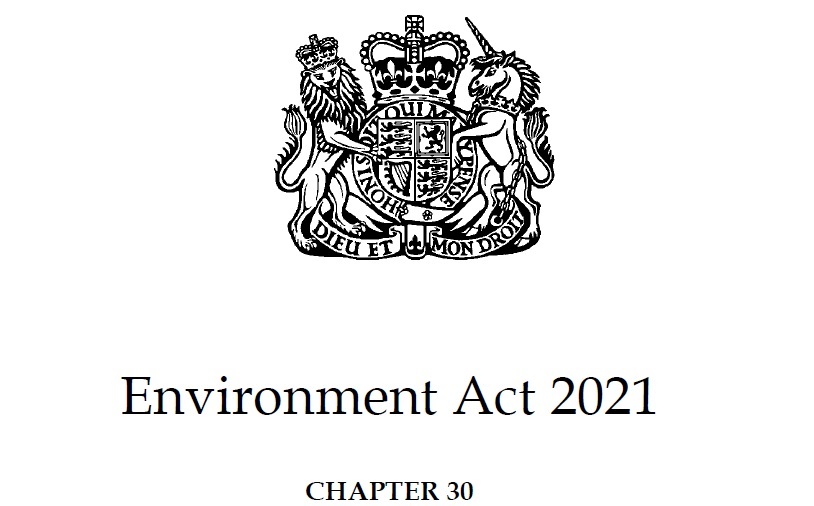Environment Act comes into force March 2025
What does the Environment Act mean for food waste management in private and public sector organisations?
The UK’s new Environment Act was passed and became law in November 2021 – two years after first being introduced – and the new waste and recycling-related laws come into effect as of March 2025.
The following guidance and our downloadable guide will explain what the Environment Act is; what it means for food waste disposal; who it affects; and how to be compliant.
What is the new environment Act ?
The driving factor behind the UK’s Environment Act has always been to shift the sustainability dial in the right direction – veering away from being a single-use, ‘throwaway’ society and moving towards a more circular economy.
Under its four key areas – air quality, biodiversity, water, and waste – it aims to make resource efficiency and security a reality, introducing new extended producer responsibility schemes aimed at reducing plastic use, alongside a clearer labeling system, so consumers can easily identify what products and packaging are recyclable.
You can read the Environment Act in full here. And the ‘separate collection of industrial or commercial waste’ clause can be found in section 45AZB. Our simple guide and how it applies to your business is also available to download here.
What does the environment act mean for food waste disposal?
Another key area of the Act surrounds separate food waste collections, and this will be a crucial area of change for all companies generating food waste in the public and private sectors in England.
Under the new measures all organisations across England – whether food manufacturers, cafés, hospitals, care homes, schools, fast food outlets, hotels, or simply any business that has a staff canteen:
- Will no longer be permitted to put their food waste into general waste and send it to landfill or incineration.
- They will also not be allowed to macerate or digest it or turn it to grey water and send it to foul sewer.
- Instead, organisations will need to separate it for collection and send it for recycling, by composting or by anaerobic digestion
Who does it affect and what do organisations need to think about?
It applies to all businesses and organisations that generate food waste as part of their daily routine. Typically organisations serving food, processing food, or with facilities where food is consumed
This will require bigger changes for some companies than it will for others – especially if there is currently no segregation of waste streams in the kitchens, or food waste is currently disposed of to a sewer by digestion, a waste-to-water system, or traditional macerator as these practices will no longer be compliant within the new legislation,
It’s crucial to start reviewing and planning for the future as soon as possible. . Sites in more rural areas already know that it’s difficult to get wastes collected reliably, but now there’s going to be an extra collection, bin, and supplier needed. Therefore, now’s the time to be looking into how far away the closest food waste processing site is and how easy and cost effective it’s going to be to get it collected.
The good news is that there are ways organisations can prepare for and embrace these new measures, not only to reap environmental benefits, but to generate business value. And there are many sites that have been doing this for years, and whose tried-and-tested methods can be replicated.



